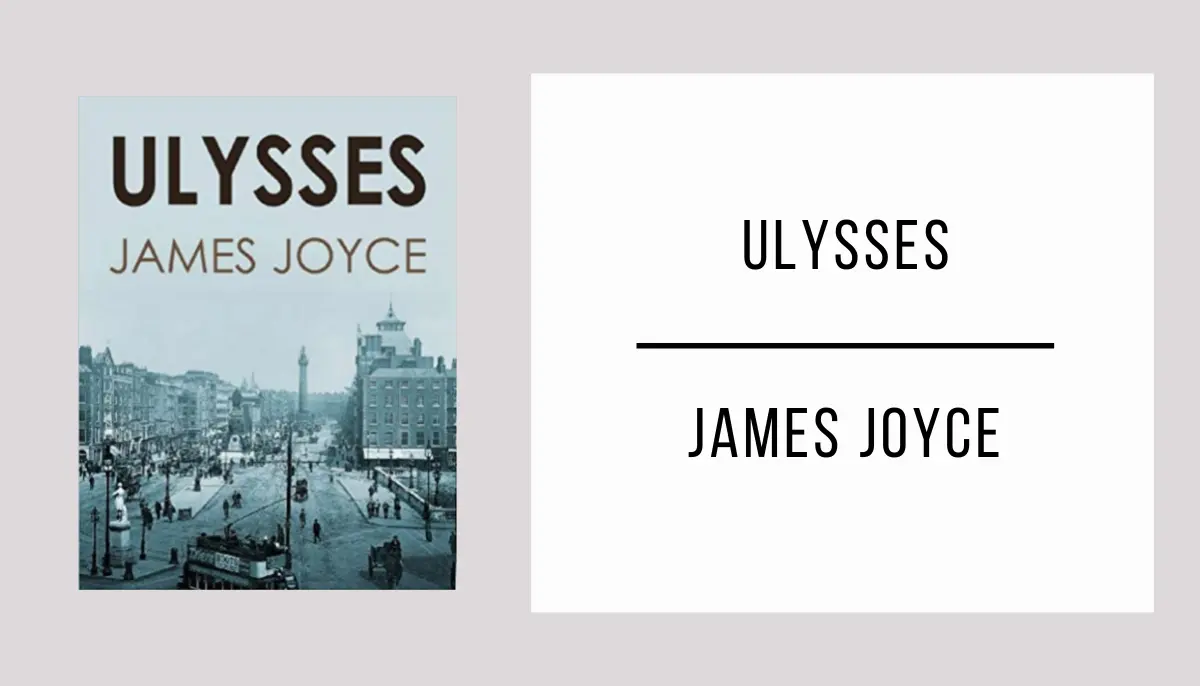Ulysses by James Joyce [PDF]
by InfoBooks

"Ulysses," James Joyce's masterpiece, is a fascinating journey through the minds and lives of its characters. Immerse yourself in this modern epic, filled with depth, wit, and an exploration of the human condition.
Download "Ulysses" in PDF format now and discover why it is considered one of the greatest literary achievements of the 20th century! Gain free access to this revolutionary work and enjoy its narrative richness from the comfort of your device.
Don't miss the opportunity to delve into James Joyce's unique prose and explore the mysteries and wonders within "Ulysses." Discover a world full of unforgettable characters, surprising twists, and a narrative that challenges the boundaries of classical literature.
Ulysses by James Joyce
*Please wait a few seconds for the document to load, the time may vary depending on your internet connection. If you prefer, you can download the file by clicking the link below.
Loading PDF...
Information: Ulysses
- Author: James Joyce.
- Publication Date: 1922.
- Main Characters:
- Leopold Bloom: Middle-aged Jewish man, publicist, and protagonist of the story.
- Molly Bloom: Wife of Leopold Bloom, opera singer.
- Stephen Dedalus: Young writer, literary alter ego of Joyce.
- Brief Summary: "Ulysses" follows a day in the life of Leopold Bloom in the city of Dublin, Ireland, on June 16, 1904. The novel is divided into 18 episodes that track the experiences of Bloom and other characters.
- Thematic Analysis: "Ulysses" is a complex and experimental work that addresses multiple themes. These include the search for identity, exploration of sexuality, criticism of society and religion, and the representation of urban and everyday life.
- Historical Context: "Ulysses" was published in 1922 and is considered one of the most influential and revolutionary works of modern literature. James Joyce employed various innovative literary techniques, such as stream of consciousness and the use of colloquial language, breaking with traditional narrative conventions. The work was met with controversy due to its explicit content and experimental style, but over time, it has gained recognition as a masterpiece of 20th-century literature.
